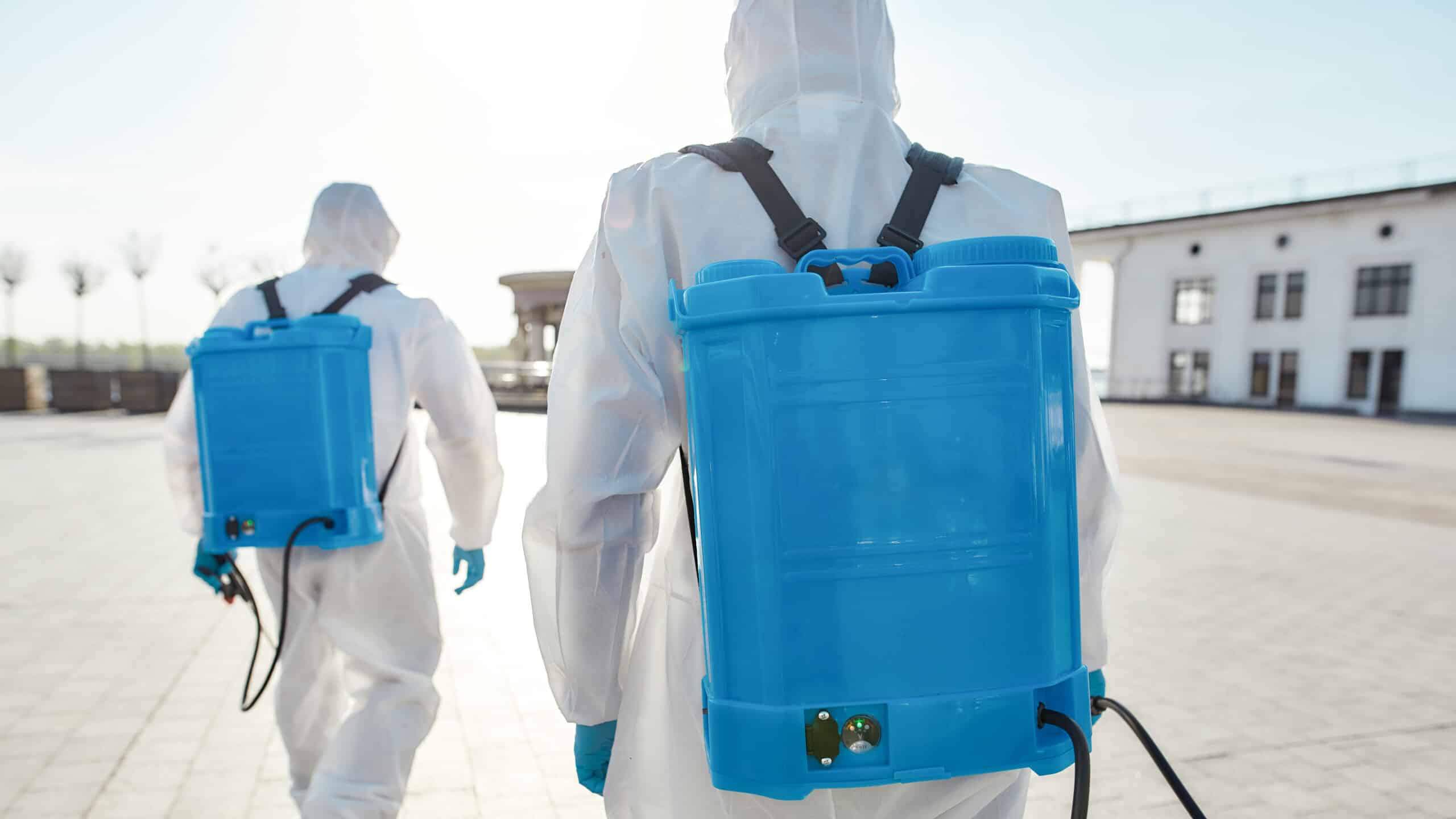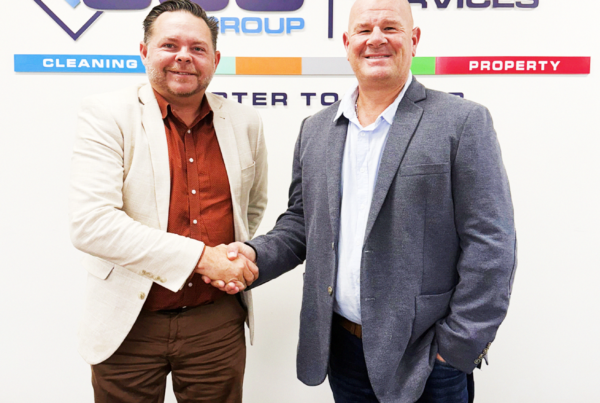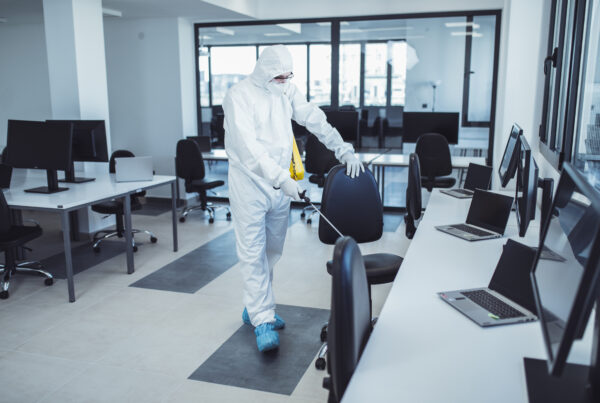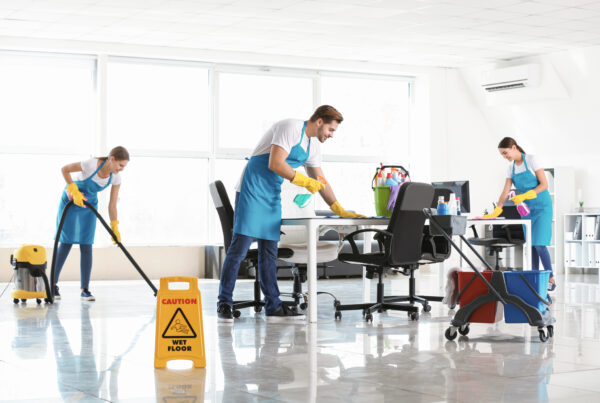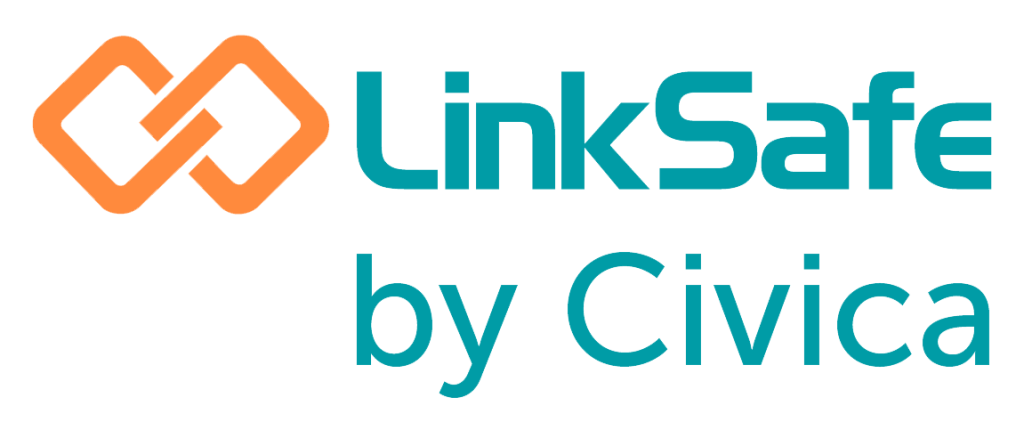Protecting Public Health: The Vital Role of Biohazard Cleaning Professionals
In an era where public health and safety are paramount, there exists a group of unsung heroes dedicated to safeguarding our communities from invisible threats: the biohazard cleaning professionals. Their vital role often goes unnoticed until the unthinkable occurs: an accident, crime, or trauma that leaves behind biohazardous materials, putting public health at risk. These professionals are not just professional cleaners; they are trained experts who play a crucial role in protecting our well-being.
Potential Health Hazards Associated With Biohazard Exposure
Exposure to biohazards presents a multitude of potential health hazards, emphasizing the critical need for caution and professional intervention in biohazard situations. Biohazards encompass a range of biological materials, infectious agents, and toxins that can pose severe risks to human health. Understanding these potential health hazards is essential for individuals, first responders, and biohazard cleaning professionals.
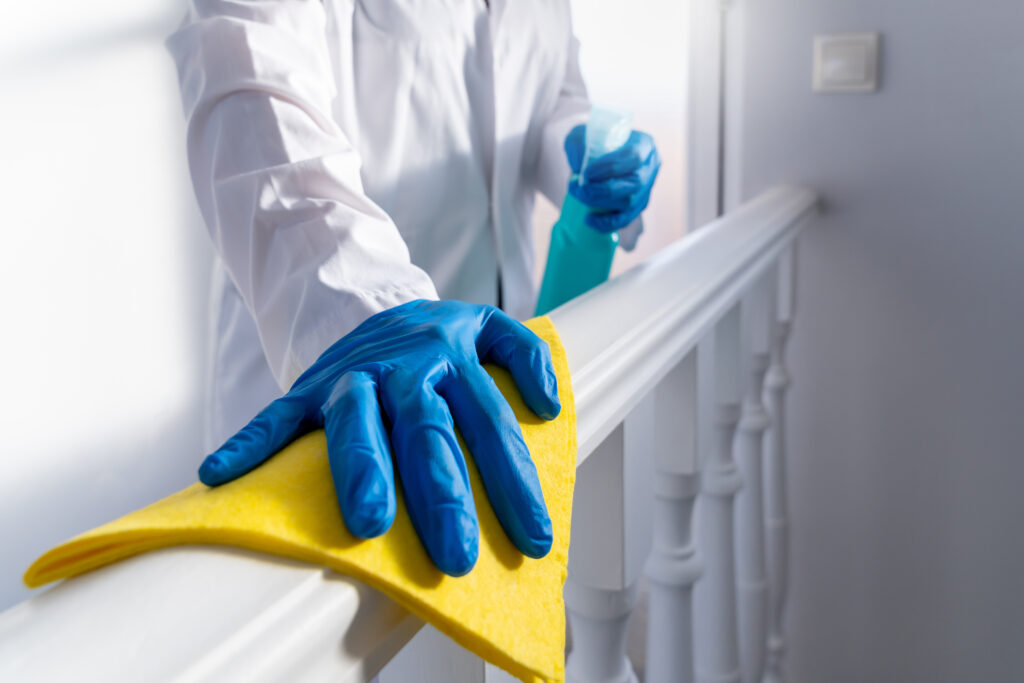
1. Infections and Diseases:
Biohazards often contain infectious agents, such as bacteria, viruses, fungi, and parasites. Exposure to these pathogens can lead to a wide array of diseases, including but not limited to HIV, hepatitis, COVID-19, tuberculosis, and MRSA (methicillin-resistant Staphylococcus aureus).
2. Blood-borne Pathogens:
Biohazards can be present in blood and bodily fluids. Exposure to bloodborne pathogens like HIV, hepatitis B, and hepatitis C can occur through direct contact with infected blood, making proper handling and disposal crucial.
3. Respiratory Hazards:
Airborne biohazards, including fungal spores and bacteria, can be inhaled, leading to respiratory infections, allergies, and lung diseases.
4. Chemical Toxins:
Some biohazards contain chemical toxins, such as mycotoxins produced by molds. Inhalation or skin contact with these toxins can result in poisoning, allergic reactions, and long-term health effects.
5. Allergic Reactions:
Exposure to allergenic biohazards, like certain molds and pollen, can trigger allergies, causing symptoms ranging from mild irritation to severe respiratory distress.
6. Toxoplasmosis:
This parasitic infection, commonly found in cat feces, can cause flu-like symptoms in healthy individuals but poses significant risks to pregnant women and individuals with compromised immune systems.
7. Tetanus:
Tetanus spores can be present in soil and dust, and puncture wounds or cuts exposed to contaminated materials can lead to this serious and potentially fatal infection.
8. Mental Health Impact:
Exposure to traumatic biohazard scenes, such as crime scenes or accidents, can have lasting psychological effects, including post-traumatic stress disorder (PTSD) and emotional distress.
9. Long-term Health Consequences:
Biohazard exposure may lead to chronic health issues, including organ damage, respiratory problems, and neurological disorders, depending on the specific pathogens or toxins involved.
10. Cross-Contamination:
Failing to properly clean and decontaminate biohazardous materials can result in cross-contamination, spreading pathogens to other surfaces and individuals.
Understanding Biohazard Cleaning
Biohazard cleaning, also known as biohazard remediation, is a specialized field that deals with the cleanup and disposal of hazardous materials that may contain biological agents, toxins, or infectious substances. These materials can pose severe health risks if not handled properly. Biohazard cleaning professionals are equipped with the knowledge, skills, and equipment to safely and effectively decontaminate affected areas.
The Scope of Biohazard Cleanup
Biohazard cleaning encompasses a wide range of scenarios, each demanding a unique approach and expertise. Some common situations that require the services of biohazard cleaning professionals include:
The scope of biohazard cleaning is extensive, encompassing a wide range of scenarios where hazardous materials are present. Some common situations that require the services of biohazard cleaning professionals include:
Crime Scene Cleanup:
When a crime occurs, the scene may be contaminated with blood, bodily fluids, or other biohazardous materials. Biohazard cleaners are called in to decontaminate the area, allowing law enforcement to investigate without compromising safety.
Trauma Cleanup:
Accidents, suicides, or traumatic events can result in biohazardous materials being left behind. Biohazard cleaning professionals not only clean and disinfect but also provide emotional support to those affected by these incidents.
Infectious Disease Outbreaks:
During infectious disease outbreaks, such as the COVID-19 pandemic, biohazard cleaners play a critical role in disinfecting public spaces, healthcare facilities, and homes to prevent the spread of the disease.
Hoarding Cleanup:
Hoarding situations can create health hazards due to the accumulation of waste, biohazardous materials, and unsanitary conditions. Biohazard cleaning professionals address these challenges to restore safe living conditions.
Industrial Accidents:
In industrial settings, accidents involving hazardous chemicals or biological materials can occur. Biohazard cleaning is necessary to mitigate risks and ensure worker safety.
Animal Infestations:
When properties are infested with animals, such as rodents or birds, biohazard cleaners handle the removal of waste and contaminated materials to prevent health risks.
Biohazard Disposal:
Proper disposal of biohazardous waste, including sharps, medical waste, and contaminated materials, is an essential part of biohazard cleaning services. Professionals ensure compliance with regulations for safe disposal.
Environmental Cleanup:
In cases of environmental disasters or contamination, biohazard cleaning extends to the environmental cleanup of polluted environments, including land, water, and air.
The critical role of biohazard cleaning professionals.
Biohazard cleaning professionals are tasked with the formidable responsibility of cleaning, decontaminating, and restoring environments that have been contaminated with hazardous materials. These materials can range from blood, bodily fluids, and infectious substances to toxic chemicals and biological agents. The environments they encounter may be crime scenes, accident sites, or locations affected by infectious disease outbreaks.
What sets biohazard cleaning professionals apart is their specialized training and adherence to stringent safety protocols. They are well-versed in handling biohazardous materials, using personal protective equipment (PPE), and following established decontamination procedures.
The Importance of Timely Response
biohazard cleanup, time is of the essence. Rapid response is critical to prevent further contamination and mitigate risks to public health. Biohazard cleaning professionals are on call 24/7, ready to deploy at a moment's notice. Their prompt action can mean the difference between containment and catastrophe.
| Read Related: Potential Risks Associated with Inadequate Medical Center Cleaning: How to Mitigate These |
FAQs About Biohazard Cleaning
Q1: Are biohazard cleaning services only for crime scenes?
A1: No, biohazard cleaning services are required in various situations, including crime scenes, trauma incidents, infectious disease outbreaks, and hoarding cleanup.
Q2: Is it safe for individuals to attempt biohazard cleanup on their own?
A2: Attempting biohazard cleanup without proper training and equipment can be extremely dangerous. We recommend always relying on professional biohazard cleaning services to ensure safety and thorough decontamination.
Q3: How can I locate a reputable biohazard cleaning company?
A3: To find a reputable biohazard cleaning company, it's advisable to seek recommendations from local authorities, law enforcement, or healthcare professionals. Ensure the chosen company is certified, insured, and follows industry best practices.
In conclusion, biohazard cleaning professionals are silent protectors of public health, dedicating their expertise to mitigating the risks posed by hazardous materials. Their rapid response, specialized training, and unwavering commitment to safety make them indispensable in our efforts to safeguard communities and uphold public well-being. While their work often takes place behind the scenes, their impact on our lives is immeasurable, ensuring that when the unthinkable happens, there are professionals ready to protect and restore public health.
SCS Group Integrated Services: Your Trusted Biohazard Cleaning Partner In Melbourne and All Australian Major Cities.
SCS Group Integrated Services embodies the critical role of biohazard cleaning professionals, protecting public health and safety when it matters most. When faced with biohazardous threats, rest assured that SCS Group Integrated Services is your unwavering biohazard cleaning company in Melbourne, silently working behind the scenes to safeguard communities and uphold public well-being.
SCS Group Biohazard cleaning team’s expertise is peerless, encompassing a deep understanding of biohazard scenarios and the complexities they entail. Armed with cutting-edge equipment and technology, they ensure precise and thorough decontamination, leaving no room for compromise. Safety is their utmost priority, with strict adherence to stringent safety protocols, including the use of personal protective equipment (PPE).
What sets SCS Group Integrated Services apart is their 24/7 availability and readiness to respond promptly to biohazard emergencies, ensuring swift containment. Their diverse scope encompasses a wide range of scenarios, from crime scene cleanup to infectious disease outbreaks and environmental cleanup. Certified, insured, and compliant with industry standards, they exemplify excellence in every aspect of their professional cleaning service.

